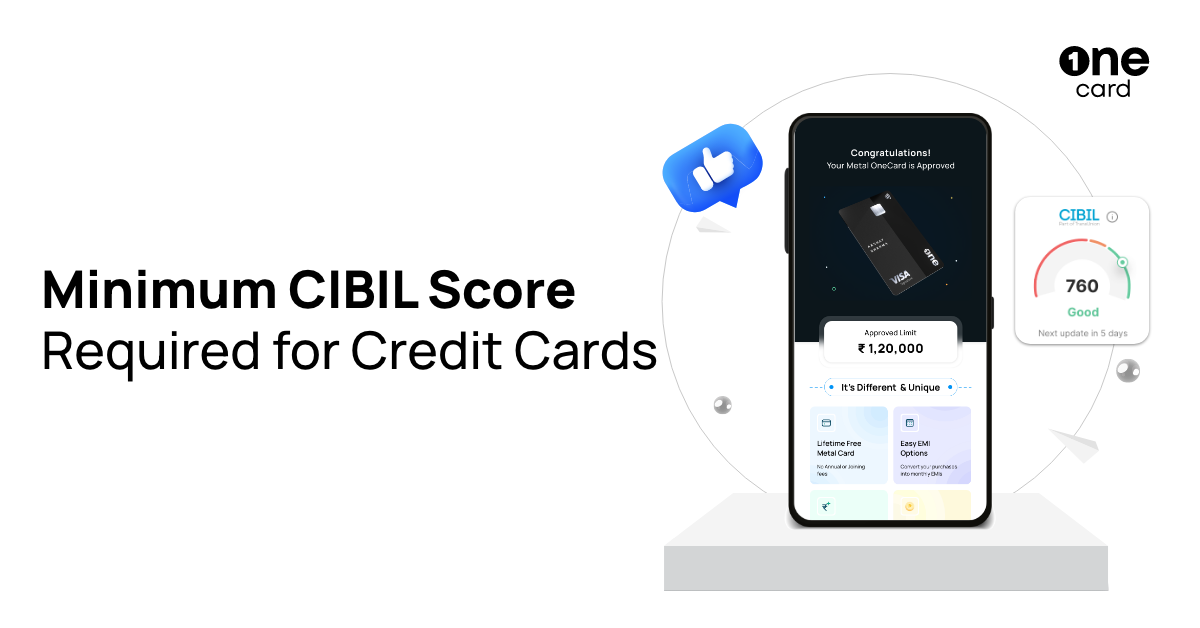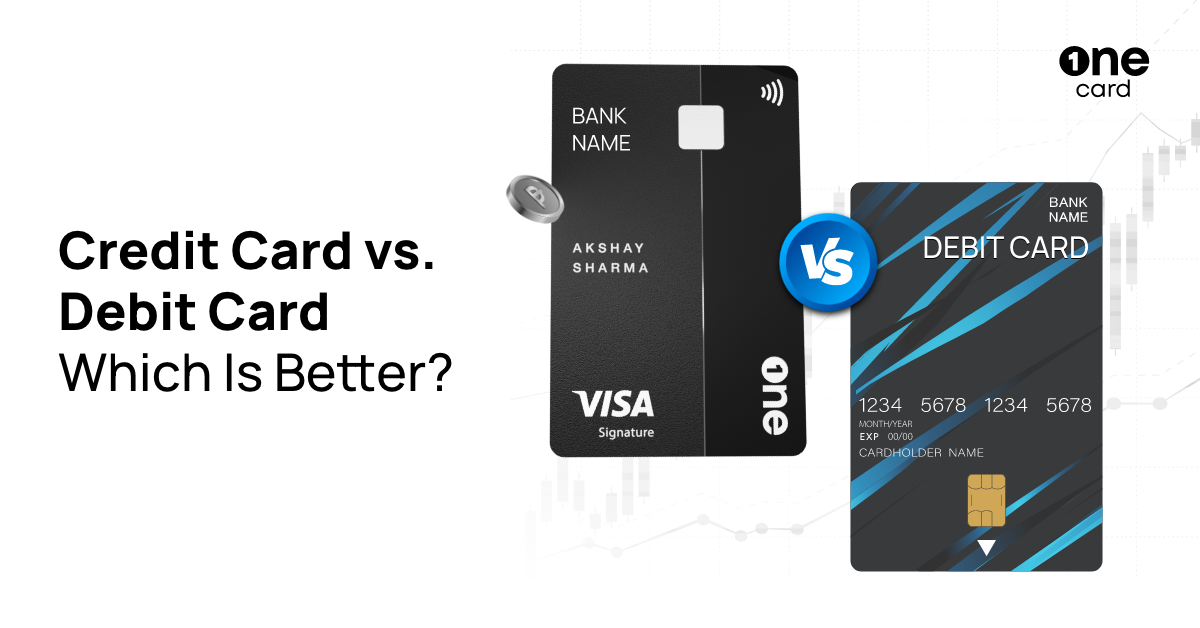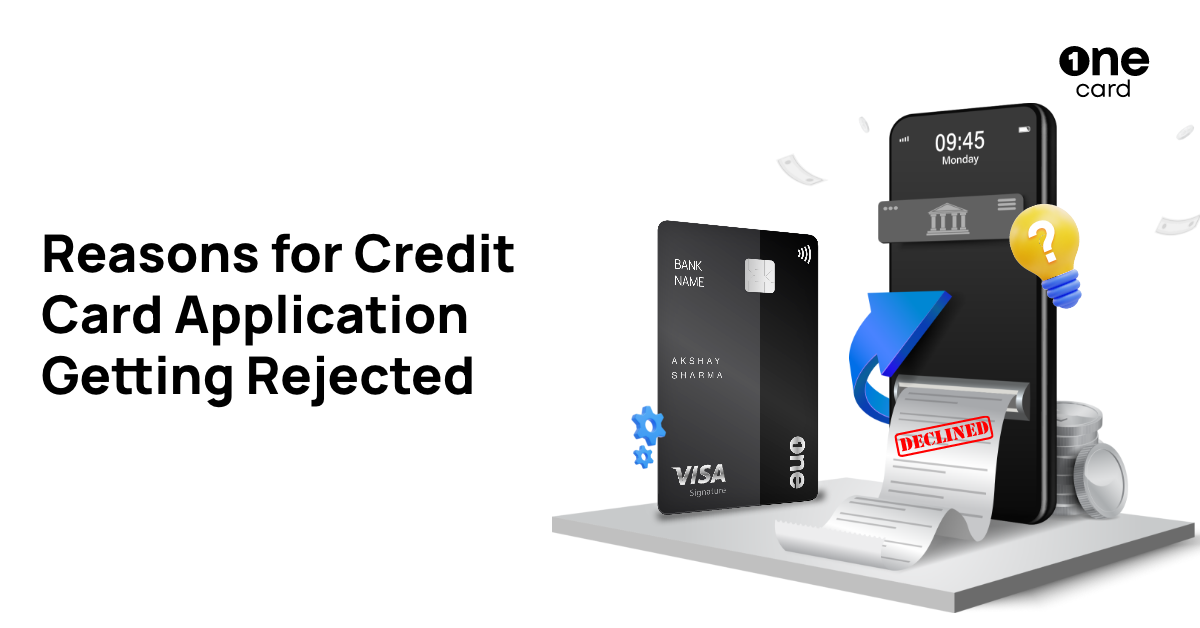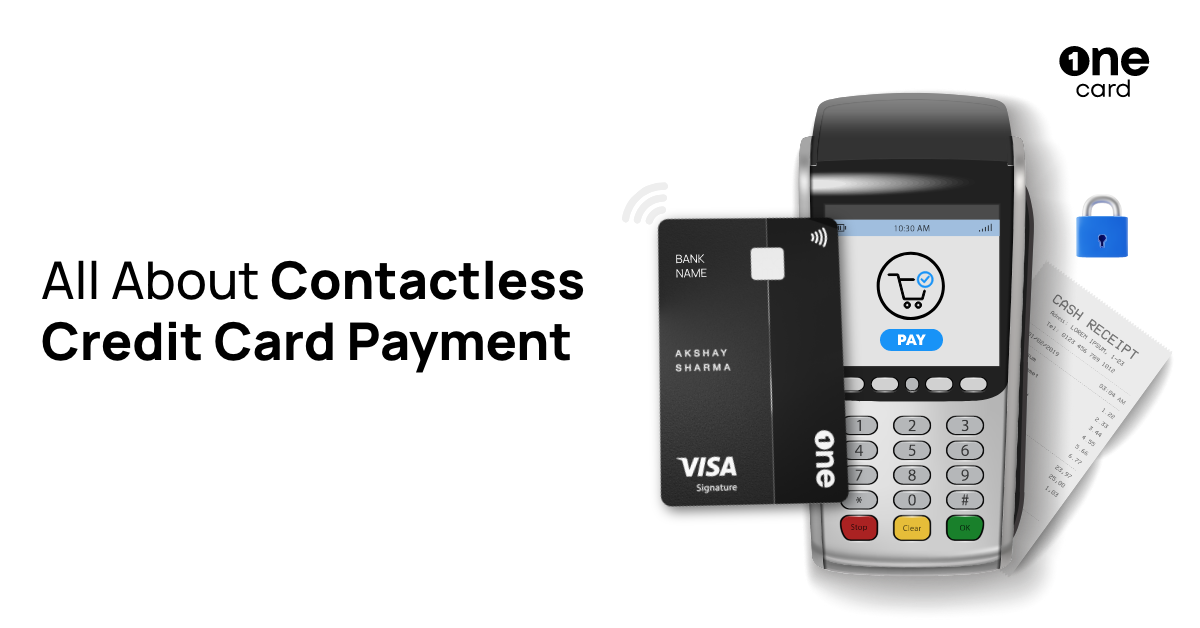What is Minimum CIBIL Score for Credit Card?
By OneCard | May 30, 2023

Credit cards make paying for things a little easier, more rewarding, and also help build your credit score. But did you know your CIBIL score can make quite the difference when it comes to applying for a credit card?
Credit card companies use your CIBIL score to determine your creditworthiness and ensure if you are a high or low-risk borrower. A high CIBIL score (750 and above) increases your chances of unsecured credit card approval. On the other hand, getting an unsecured credit card with a low CIBIL score can be difficult.
Let us understand in detail CIBIL and its role.
Table of contents:
- What is CIBIL Score
- Why is CIBIL Score Important for a Credit Card
- Minimum CIBIL Score for a Credit Card
- Importance of CIBIL for a Credit Card
- How Your Credit Score Impacts Your Eligibility for a Credit Card
- How to Improve Your CIBIL Score for a Credit Card
- Points To Keep in Mind When Applying For a Credit Card
- Conclusion
What is CIBIL Score
Your CIBIL score is a three-digit number that shows how creditworthy an individual has been, calculated by TransUnion CIBIL, India’s leading credit information bureaus. The score ranges from 300 to 900, where a higher score indicates a better credit profile and makes it easier for individuals to obtain credit. Evaluating the CIBIL score for an unsecured credit card is important for issuers to assess the risk of lending to you.
Why is CIBIL Score Important for a Credit Card
The CIBIL score is important for an unsecured credit card application for the following reasons.
-
It helps the issuer know your creditworthiness and assess the risk of issuing a credit card to you.
-
A higher CIBIL score increases your chances of getting a credit card with relative ease and a higher credit limit.
-
Credit card companies may offer a card with more credit card rewards, benefits, and exclusive offers to individuals with a high CIBIL Score.
-
A consistent healthy credit history increases the chances of qualifying for more loans and credit cards.
ALSO READ: When Should You Opt for a Secured Credit Card
Minimum CIBIL Score for a Credit Card
Generally, there is no minimum CIBIL score required for a credit card as each issuer has a different requirement. However, a CIBIL score of 750 or above is considered excellent to get a credit card and makes it possible to get desired terms and conditions as well. On the other hand, individuals with a score below 600 may find it challenging to get approved for a credit card, and even if they are approved, they may have to pay higher interest rates should they fail to pay before their billing date.

Importance of CIBIL for a Credit Card
A CIBIL score plays an important role in approval, credit limit and terms and conditions.
- A high CIBIL score increases your chances of approval with a higher credit limit.
- CIBIL is a crucial factor that speaks of your creditworthiness and borrowing behaviour.
- Regularly monitoring and improving CIBIL Score can help individuals make informed credit decisions and manage their finances effectively.
How Your Credit Score Impacts Your Eligibility for a Credit Card
As described above, your CIBIL score impacts your eligibility for a credit card (only unsecured credit card). Credit card companies use your credit score to evaluate your creditworthiness and assess the risk of lending you money. A high credit score indicates responsible credit behaviour, increasing your chances of getting approved for a credit card with better terms and conditions, such as lower interest rates, higher credit limits, and better rewards. On the other hand, a low credit score may lead to the rejection of your credit card application, or they may have higher interest rates and fees. It is important to maintain a good credit score to increase your eligibility for credit cards.
How to Improve Your CIBIL Score for a Credit Card
It is important to have a good CIBIL score to be eligible for different forms of credit. Some ways in which you can improve your CIBIL are:
- Make timely repayments of your credit card bills and loan EMIs.
- Keep your credit utilisation ratio low, preferably below 30%.
- Regularly check your credit report and correct discrepancies, if any.
- Avoid applying for multiple credit cards or loans simultaneously, as this can suggest financial distress and lower your score.
- Keep your credit accounts active and avoid closing them frequently, as it can shorten your credit history and lower your score.
ALSO READ: Understanding Credit Card Repayment
Points To Keep in Mind When Applying For a Credit Card
Before you apply for a credit card, keep the following in mind.
- Check your credit score before applying.
- Thoroughly research and go through different issuers and then select one which matches your needs.
- Before applying, check your issuer’s eligibility criteria and if you match the same.
- Read the terms and conditions of the credit card carefully, including the interest rates, fees, rewards, and payment due dates.
- Avoid applying for multiple credit cards simultaneously, as it can lower your credit score.
Conclusion
It’s always a good idea to know your credit score, and you can do this for free with CIBIL, once a year. However, if you intend to be on a more regular watch, you can get your credit score and report for free at OneScore as well. Now in case you don’t have a credit history to begin with, you can start scripting it now, with a OneCard Credit Card. All you need to do is open an FD and you’ll have yourself a full-stack metal credit card replete with benefits to begin your credit-building journey with.

**Disclaimer: The information provided in this webpage does not, and is not intended to, constitute any kind of advice; instead, all the information available here is for general informational purposes only. FPL Technologies Private Limited and the author shall not be responsible for any direct/indirect/damages/loss incurred by the reader for making any decision based on the contents and information. Please consult your advisor before making any decision.



Sharing is caring 😉